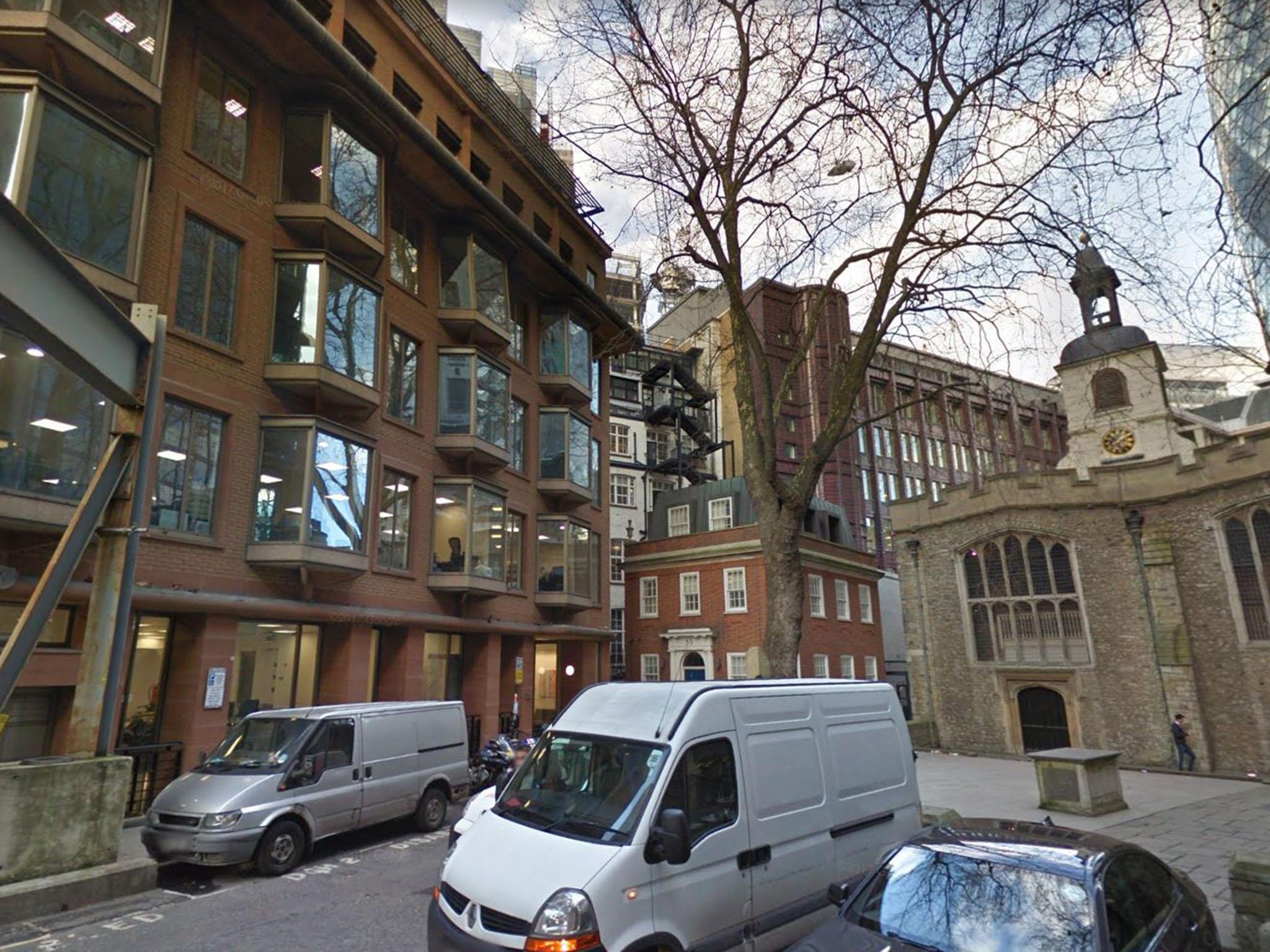William Shakespeare’s London home where he wrote Romeo and Juliet ‘pinpointed’ by researcher
‘Within a few years of migrating to London, he was living in one of the wealthiest parishes in the city’

Your support helps us to tell the story
From reproductive rights to climate change to Big Tech, The Independent is on the ground when the story is developing. Whether it's investigating the financials of Elon Musk's pro-Trump PAC or producing our latest documentary, 'The A Word', which shines a light on the American women fighting for reproductive rights, we know how important it is to parse out the facts from the messaging.
At such a critical moment in US history, we need reporters on the ground. Your donation allows us to keep sending journalists to speak to both sides of the story.
The Independent is trusted by Americans across the entire political spectrum. And unlike many other quality news outlets, we choose not to lock Americans out of our reporting and analysis with paywalls. We believe quality journalism should be available to everyone, paid for by those who can afford it.
Your support makes all the difference.A theatre historian claims to have located the London home in which William Shakespeare lived while writing Romeo and Juliet.
Although it was previously known that the playwright lived in east London in the late 1590s, near to what is now Liverpool Street station, Geoffrey Marsh has reportedly “pinpointed” the exact building.
The evidence suggests that Shakespeare lived at what is now 35 Great St Helen’s. The site is currently occupied by an office block and sits next to St Helen’s Church.
Marsh discovered that Shakespeare was a tenant of the Company of Leathersellers, who were the authority on the sale of leather in London at the time.
“The place where Shakespeare lived in London gives us a more profound understanding of the inspirations for his work and life,” Marsh, also the director of the Victoria and Albert Museum’s department of theatre and performance, said.
“Within a few years of migrating to London from Stratford, he was living in one of the wealthiest parishes in the city, alongside powerful public figures, wealthy international merchants, society doctors and expert musicians.

“The merchants had connections across Europe and the doctors were linked to the latest progressive thinking in universities in Italy and Germany.
“Living in what was one of the power locales of London would have also enhanced Shakespeare’s status as he developed his career, sought a family coat of arms and planned to buy an impressive and expensive house in Stratford.”
Join our commenting forum
Join thought-provoking conversations, follow other Independent readers and see their replies
Comments